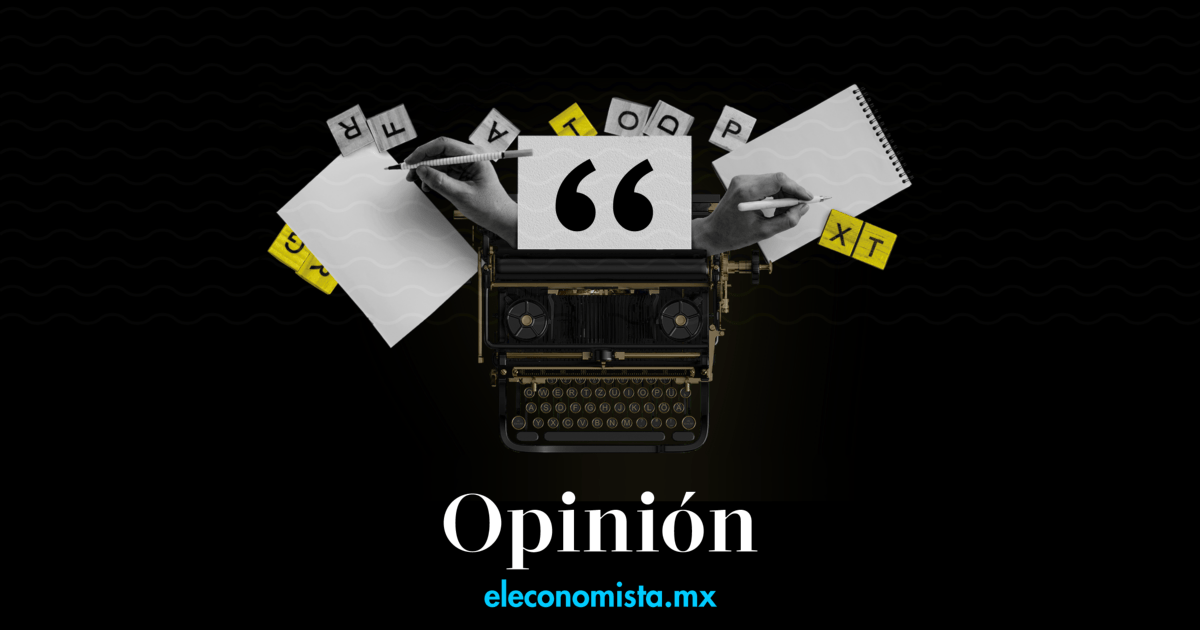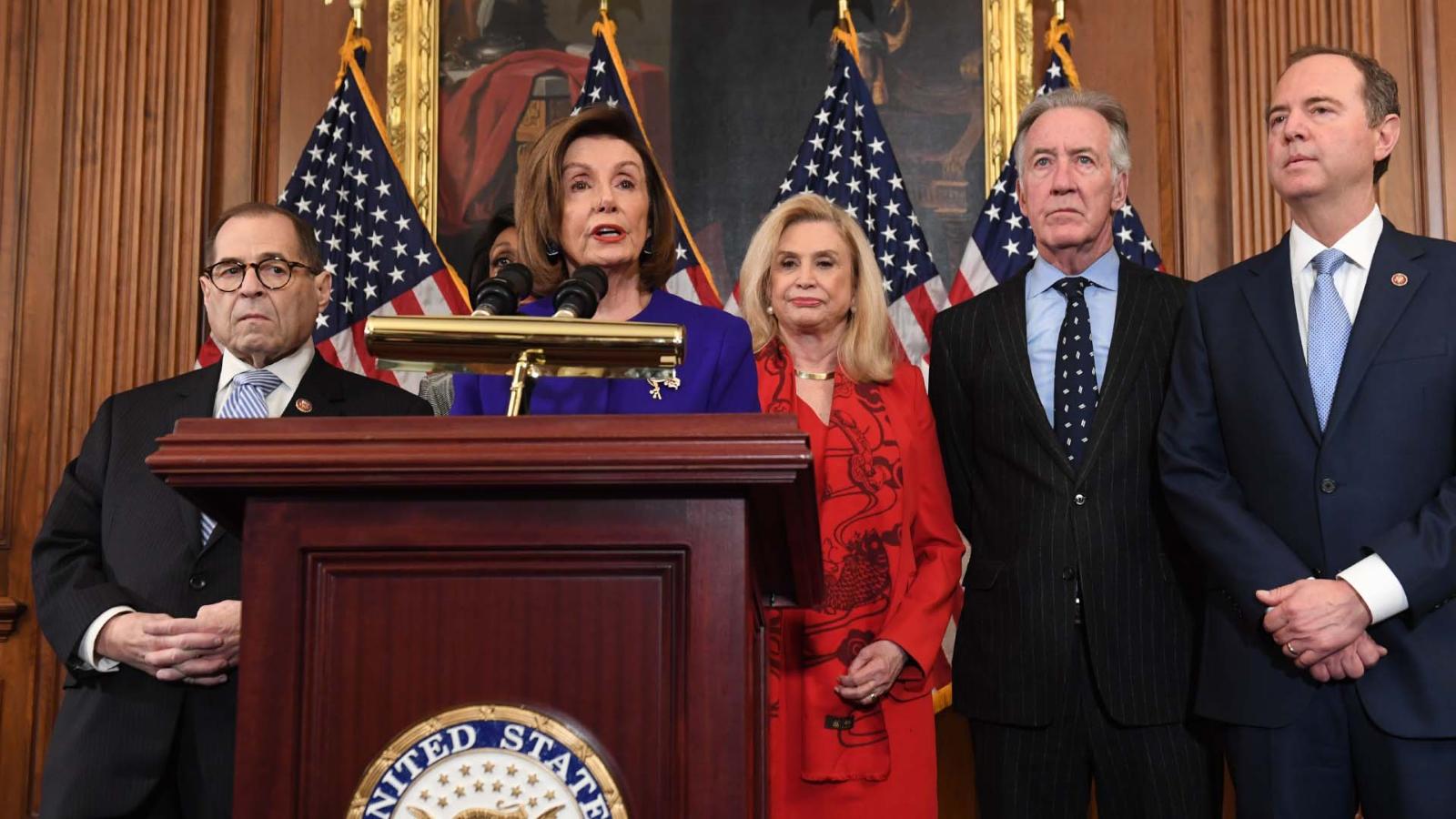The government is seeking the approval of an electoral reform that would reverse the great agreement reached in the 1990s, aimed at the creation of autonomous and independent electoral authorities. The objective is, from the presidential narrative, that “the people” elect by popular vote the electoral advisers of the INE and the magistrates of the TEPJF, thus guaranteeing “democracy in the country and that there are no judges with tendentious attitudes.”
Needless to say, a change of these proportions would radically change the profile and method of appointment that today houses the Constitution, which through 5 reforms have sought to professionalize the electoral function and neutralize the politicization of appointments. Nowadays, the councilors and magistrates must demonstrate a high professional qualification that is verifiable by a Technical Evaluation Committee, and by the plenary session of the SCJN, respectively, so that after the sieve they present quintets and triple lists so that the chambers of deputies and senators proceed to the appointment by qualified majority.
The only good thing about this initiative is that it makes transparent the interest of all the political parties that have governed in the last 30 years, to interfere in electoral arbitration. Let us not forget that initially it was the quota system that defined, with obvious exceptions, the entry of people -some with little merit- and the distribution of positions, based on a political-representative criterion that led to the subdivision of both institutions , with clear repercussions on its operation in well-defined groups, revealing that even our highest court has been permeable to the interests of the senators in turn, reaching the extreme of legitimizing the unconstitutional maneuver to extend the mandate of the Superior Chamber magistracies. Now they seek that goal by implementing a model of direct and popular designation.
The bad thing about the proposal is that there are no comparative references that allow us to notice the effects of a change like the one that is intended. The only country that has experienced the election of the judges of the Constitutional Court, the Supreme Court of Justice and the members of the Council of the Magistracy, is Bolivia, with profoundly negative results that should be warned about.
In the first election carried out under these parameters in that country in 2011, the absolute reproduction of all the vices that an election presents was noted, since despite the fact that the carrying out of campaigns was prohibited, in fact these were political parties, economic groups, trade union organizations and even religious congregations produced, with candidacies openly or covertly promoted by the government. Despite having contributed to mobilizing the electorate through political support and economic resources, the truth is that those elected were very far from accessing the commission with great popular legitimacy, since they only obtained 5.26%, 3.54%, 2.43% and 1.84% of the votes.
However, the worst of this experiment is revealed by warning that we would move from a logic of contained politicization, with the quota system, to an environment of fully politicized institutions, where there would be no incompatibility for current or current politicians or government officials to past could access said positions, and once installed in them channel decisions under exclusively political parameters, without any remorse for the technical and specialized criteria that govern most of their attributions, the districting or the counting of votes, for example, casting to the ground the principles of independence and impartiality.
Given the existing system of political domination, it would not be unreasonable to maintain that Morena and her allies could colonize the INE and the TEPFJ, as they already did with the old FEPADE, where objectivity would give way to open and excessive favoritism, and the The electoral sanctioning regime would be self-interestedly applied against opposition parties, but would be deactivated against its allies.
We are on the verge of the unprecedented politicization of a function that in its neutrality, not unrelated to deviations, has found the best guarantee for all the contenders, under the pretense of finishing sliding it towards the dangerous path of decisions made with criteria and political interests that, in short, would leave without meaning and reason for an electoral jurisdiction willing, in essence, to resolve high political disputes through legal methods and criteria.
In a context of exacerbated political and social polarization, autonomous and independent electoral institutions constitute the guarantee of balance, moderation and professionalism, essential attributes for maintaining the health of our democratic system. We do not allow any kind of regression.
hartford car insurance shop car insurance best car insurance quotes best online car insurance get auto insurance quotes auto insurance quotes most affordable car insurance car insurance providers car insurance best deals best insurance quotes get car insurance online best comprehensive car insurance best cheap auto insurance auto policy switching car insurance car insurance quotes auto insurance best affordable car insurance online auto insurance quotes az auto insurance commercial auto insurance instant car insurance buy car insurance online best auto insurance companies best car insurance policy best auto insurance vehicle insurance quotes aaa insurance quote auto and home insurance quotes car insurance search best and cheapest car insurance best price car insurance best vehicle insurance aaa car insurance quote find cheap car insurance new car insurance quote auto insurance companies get car insurance quotes best cheap car insurance car insurance policy online new car insurance policy get car insurance car insurance company best cheap insurance car insurance online quote car insurance finder comprehensive insurance quote car insurance quotes near me get insurance







